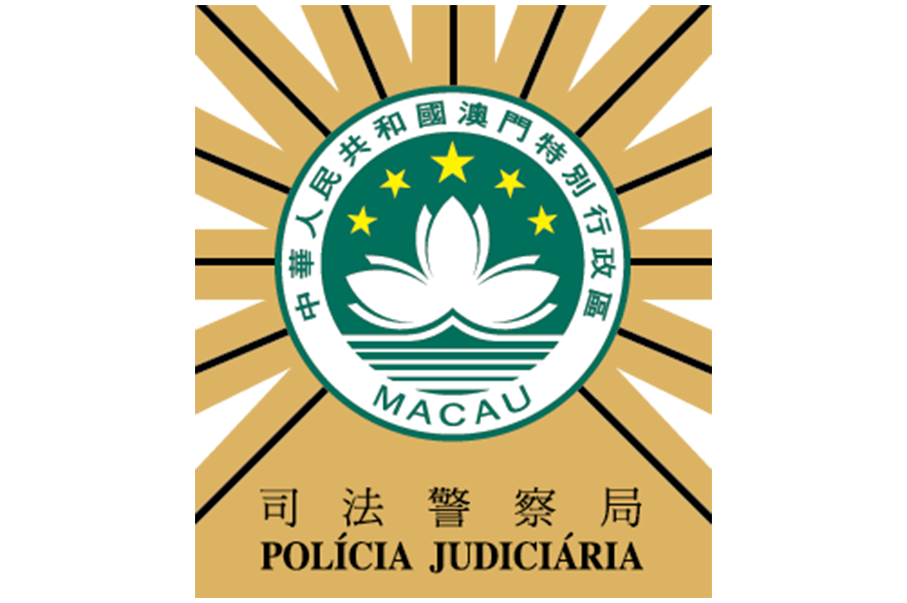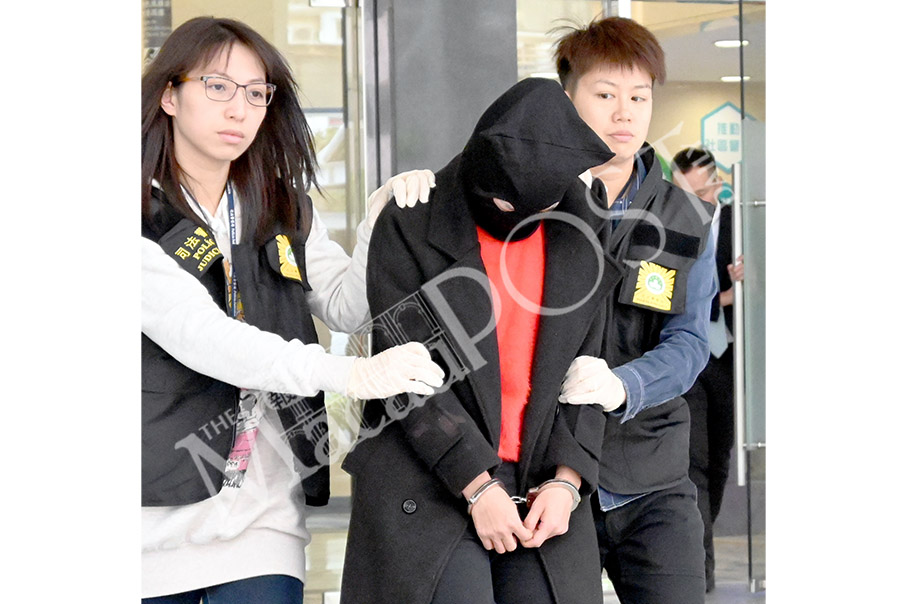Taiwan’s pro-independence politician William Lai Ching-te’s election victory on Saturday will not lessen China’s determination to achieve national reunification through peaceful means in the nearest possible future.
Lai, who has described himself as a “pragmatic worker for Taiwan independence,” won 40.05 percent of the 13.94 million valid votes cast, or 28.57 percent of the island’s 19.54 million registered voters, 71.86 percent of whom cast their ballots. The rival candidates of the Kuomintang (KMT) and Taiwan People’s Party (TPP), Hou Yu-ih and Ko Wen-je, won 33.49 and 26.46 percent of the valid votes respectively, or nearly 60 percent in total.
In the legislative election, which also took place on Saturday, the KMT won 52 seats in the 113-seat legislature, 14 more than four years ago, the Democratic Progressive Party (DPP) garnered 51 seats, down by 10 seats, while the TPP’s number of seats rose by 3 to 8. Two seats were taken up by independents.
The election result shows that Lai’s “deep-green” stance has won the explicit support of less than one-third of the island’s registered electorate.
Lai, a 64-year-old Public Health and Rehabilitation graduate, ought to digest the election outcome conscientiously, a process that, I would hope, could temper his pro-independence activism that, ultimately, imperils cross-Strait stability.
In his victory speech, the region’s future leader pledged that he would preserve the Strait’s current status quo. Well, it wouldn’t be the first (and last) time that, after finally gaining a top political position, a political firebrand mellows – hopefully not just superficially. He will be sworn into his post on May 20.
As expected, the Foreign Ministry in Beijing said in a statement on Saturday night that “whatever changes take place in Taiwan, the fact that the region is part of China will not change.” The ministry also reaffirmed that “the Taiwan question is China’s internal affairs and changes to the situation on the island will not affect the fact that there is only one China in the world.”
The statement also described the one-China principle as “the solid anchor of peace and stability in the Taiwan Strait.”
I hope that Lai would finally bring himself to accept the 1992 Consensus, reached by the two sides of the Taiwan Strait during a meeting in Hong Kong that year, according to which there is only one China while both have different interpretations of what the concept means. Unfortunately, the DPP has continued to reject the consensus outright. When watching late Saturday a raft of international TV news channels interviewing various scholars about the election results earlier that night I noticed one of them, a mainland Chinese commentator, pointing out, quite rightly, that Beijing is ready to talk with Taipei about anything, based on just to conditions – for the Taiwan authorities to accept that there is only one China and that Taiwan is an inalienable part of China. I think that’s a reasonable proposition. Lai should mull over it. After all, even his own party still refers to Taiwan as the “Republic of China”. So “one China” shouldn’t be a problem at all.
There are certainly many different ways that national reunification could be achieved in a peaceful and mutually beneficial manner.
I grew up near the border of the “inner German border” so I know from my very own experience what it means to live in a nation split into two parts. Germany’s markedly peaceful unification on October 3, 1990 (now a public holiday) is, in my view, one of the best political achievements of the 20th century. I hope that, apart from China, other still divided countries such as Korea, Ireland and Cyprus will accomplish the same goal one day.
Large parts of the international news coverage on Saturday night made a great effort to focus one-sidedly on Taiwan’s purported “otherness” vis-à-vis the Chinese mainland, insinuating that the two sides of the Taiwan Strait were inherently different. I beg to disagree. I always found Taiwan to be “very Chinese” and, in particular, to be rather similar to Fujian (which should be no surprise to anyone familiar with Chinese history, considering that most Taiwanese are descendants of Fujianese who began to move in droves to the island in the 17th century). Fujian and Taiwan also share the same dialect (Southern Min aka Hokkien) and a similar cuisine and other cultural traits. And about 15 percent of Taiwan’s 23 million inhabitants are Hakka who also originate from the mainland.
Besides, the 1943 Cairo Declaration, issued by China, the UK and the US, specified that Taiwan be returned by Japan to China. The Potsdam Declaration of 1945 reaffirmed the island’s reversion to Chinese rule. Imperialist Japan, which had exploited Taiwan as a colony for 50 years, returned the island to China at the end of the Second World War. Prior to the Japanese occupation, Taiwan formally became part of China during the Qing Dynasty back in 1683, after which it became a prefecture of Fujian. That’s almost a century before the United States was established in 1776.
Incidentally, Taiwan and Macau also have some interesting aspects in common – the faithful in both regions worship the Chinese goddess Mazu, and Dr Sun Yat-sen, the father of modern China, is revered both in Macau, where he practised medicine and worked on the downfall of the enfeebled Qing Dynasty, and in Taiwan, whose political system still contains elements of his “Three Principles of the People”.
In his New Year’s Eve address, President Xi Jinping reaffirmed his conviction that Taiwan and the mainland will “surely be reunified”. I am convinced that China, which has the longest continuous history of any country in the world, will never give up its reunification goal.
Irrespective of Lai’s election victory, let’s remain optimistic about China’s peaceful reunification in a not-too-distant future, ideally years before 2049 when the People’s Republic of China (PRC) will celebrate the 100th anniversary of its founding and the Macau Special Administrative Region (MSAR) will mark the 50th anniversary of its establishment.
Realistically, however, there is always the possibility of certain forces or powers making every effort at their disposal to preclude a cross-Strait rapprochement for geopolitical or other reasons.
That’s why, as far as the Taiwan question is concerned, we should always look out for squalls…
– Harald Brüning





